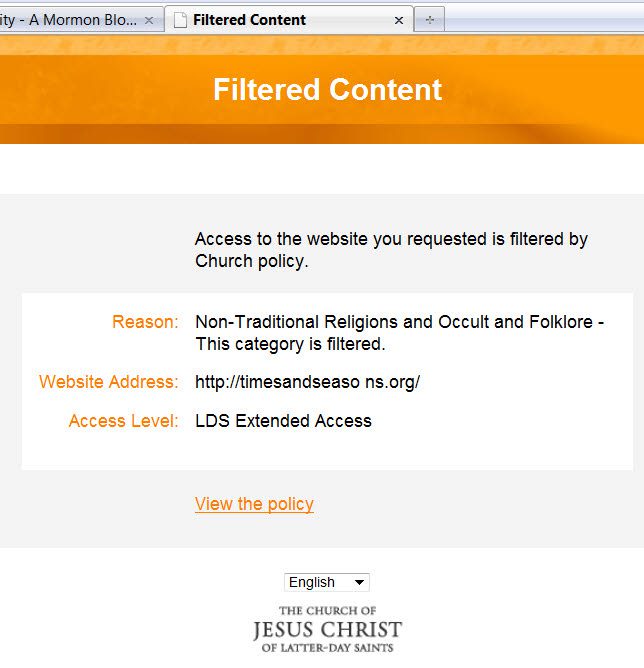Brant Gardner’s essay at FAIRLDS.org, “The Case for Historicity: Discerning the Book of Mormon’s Production Culture,” is a must-read for those seeking to better understand the Book of Mormon. He makes the point that writing fiction about a foreign culture will inevitably show that the author was not part of that culture, for there are a thousand unconscious assumptions that must be made that will be informed by the author’s culture, not the actual culture being described. On the other hand, a text from a foreign culture will provide numerous puzzles to outsiders that will be confusing until insight is gained about the assumptions and ways of the other culture. With this in mind, the Book of Mormon is simply loaded with issues that are puzzling to modern Americans but thoroughly at home in the ancient world, including ancient Mesoamerica.
Brother Gardner’s article includes a detailed discussion of one especially interesting example, the story of the great missionary Ammon and his adventure at the waters of Sebus (Alma 17 and 18). Modern readers are puzzled over many of the details, and some may even mock the silliness of the strange events described. The story is puzzling if one relies on modern culture to interpret the story, but Brother Gardner shows how the story becomes profoundly more meaningful if interpreted in light of ancient Mesoamerican politics. This is one of many examples where a knowledge of the ancient world suddenly adds new depth to what was once puzzling in the Book of Mormon. How can such a track record be reconciled with the idea of the text being a modern fraud?
The fascinating part about Ammon is about halfway down Gardner’s text, under the section heading “The Test of Productivity.”











Hi Jeff!
The moment I read Gardner’s article I thought this should Jeff Lindsay include in his section Book of Mormon Nuggets.
BTW I was number 40.000 visitor on your excellent DNA-page. I have read your article from november 2003 to now a couple of times and I appreciate it. I have a few comments that I would like later on.
From Sweden!!! (sorry for all the errors)
Orson Scott Card has an article discussing the idea that someone writing fiction will inevitably give away something from his own culture.
http://www.nauvoo.com/library/card-bookofmormon.html
Ben S.
Gardner’s article is very interesting and makes points that that fit nicely into a growing body of evidence for BoM historicity. The distinction made between understanding based on language and understanding based on historical context and events in the text is particularly striking. The article is worth reading if only to capture the importance of that concept.
I thought his recreation of the Ammon story was fascinating and helped make the odd or nonsensical parts of the story make a lot more sense. But some of the aspects of it seemed to be a bit of a stretch to me. I’m not sure the information of the political context he provided justified all the details of the story he gave. You would think a narrator would have given at least a few more clues about the context of the story if it dealt with a situation of such complicated political intrigue. Maybe it could be argued that the narrator of that time didn’t think it necessary to provide those clues because it would have been assumed all those features Gardner suggests were at play. I’m not convinced of that though, especially since in other parts of the BoM other events are explained in more detail and more context is given. His telling of the story is plausible given the historical details he gives, but some of the parts of the story seem a little exaggerated.
Nevertheless, I am convinced there was much more to the story than we are led to believe with only the text to refer to, as I’m sure is the case with all of the well-known and not so well-known stories in the BoM. Anyway, I think it’s a very interesting and important article.
Thanks for the comments and the link to that article. That was really interesting stuff.